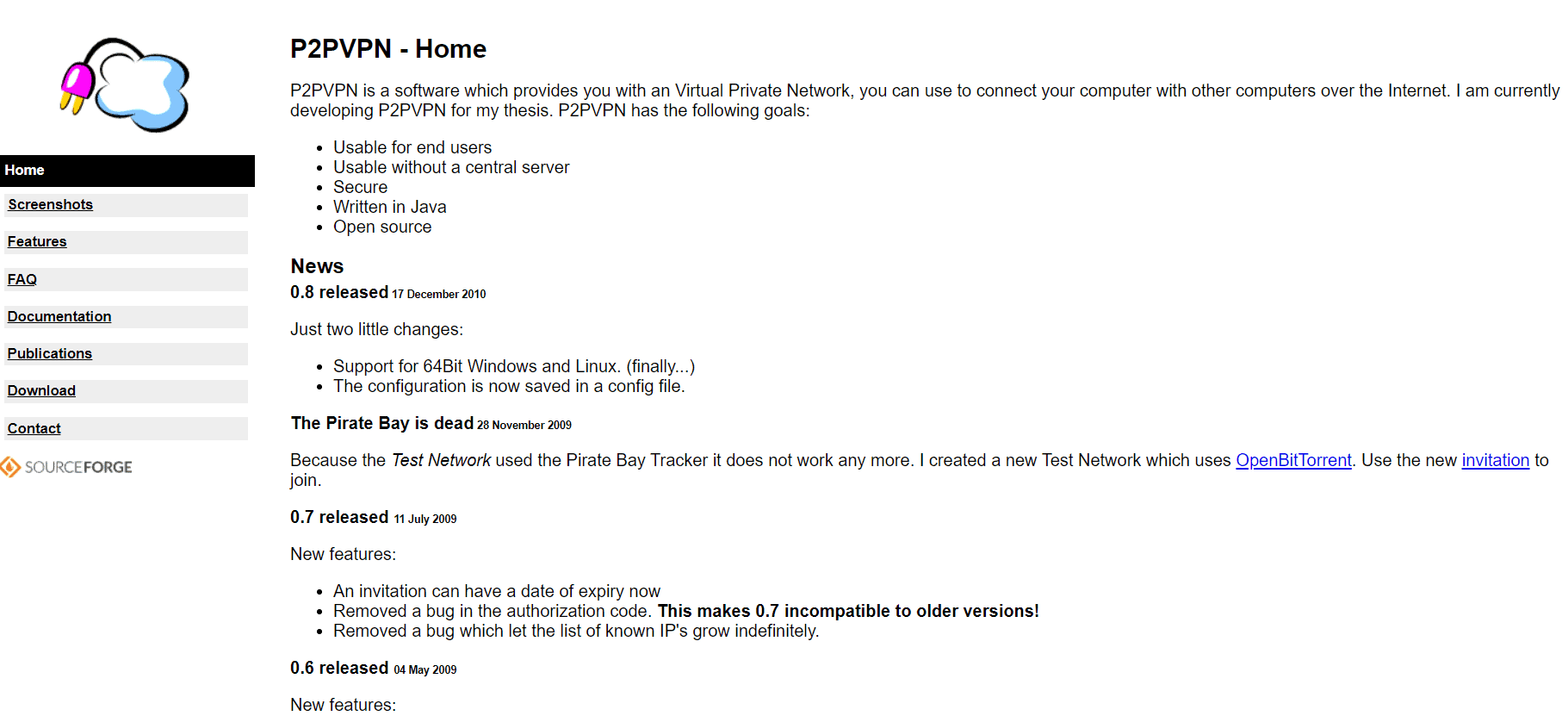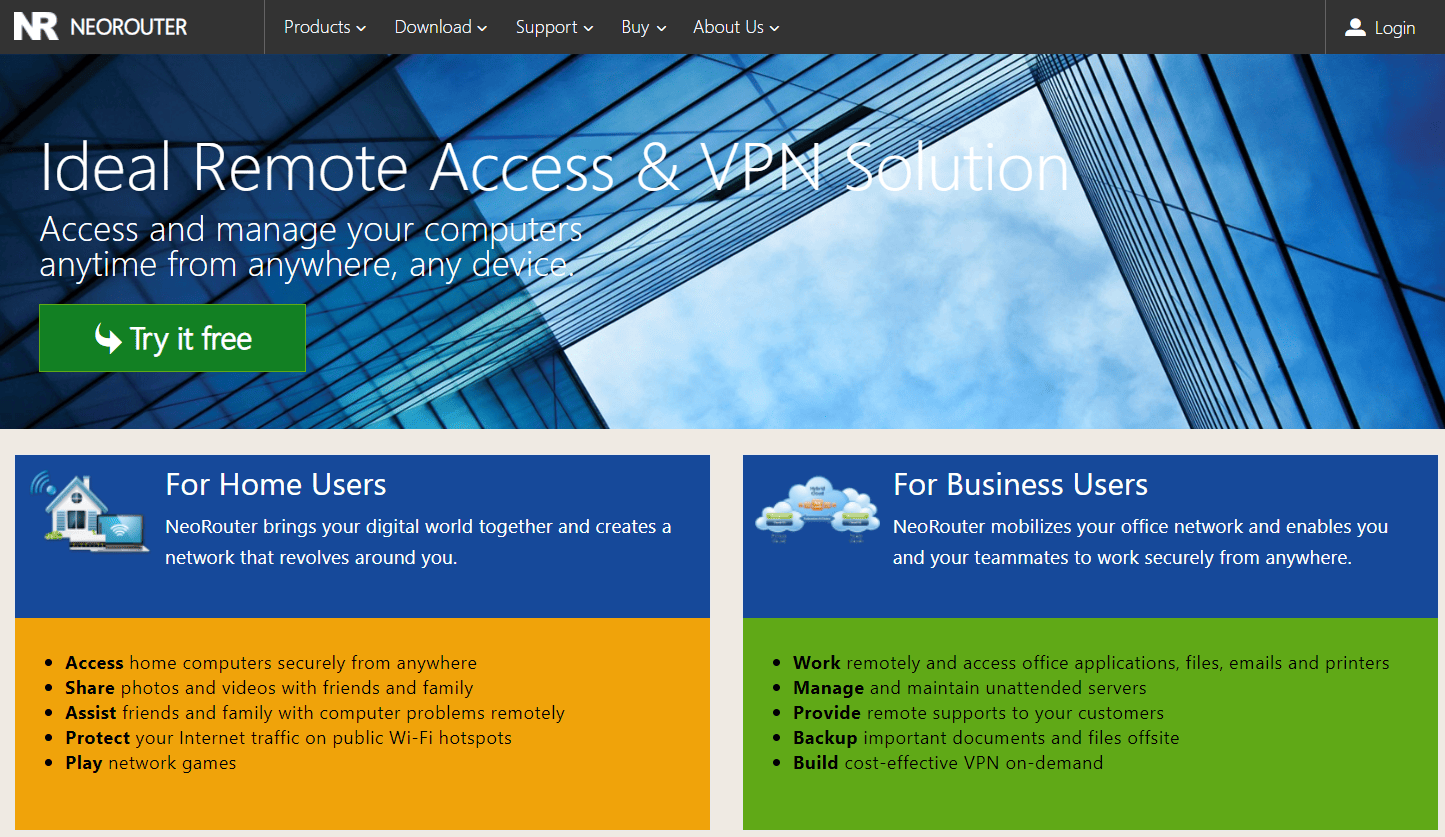Finding Your Best Hamachi Alternatives For Reliable Connections
Are you finding yourself stuck with Hamachi connection woes, maybe seeing "0.0.0.0" for your IP, or perhaps dealing with constant disconnections right after a Windows update?
You're certainly not alone in this, as many folks, even those with paid subscriptions, tell stories of Hamachi just not behaving, especially on Windows 10 or Windows 11 machines. It's a real head-scratcher when a tool that worked for months suddenly stops, leaving you unable to connect to your friends for a game or access your home network from afar, you know?
It’s pretty frustrating when you need a stable, secure link, but all you get are slow speeds, blue dots, or messages about a "relayed tunnel." This article is going to look at some other choices out there, giving you options that might just work better for your needs, so you can get back to what you were doing without all the fuss, even in the early days of May 2024.
Table of Contents
- Why Look for Hamachi Alternatives?
- What to Look for in a Hamachi Alternative
- Top Hamachi Alternatives to Consider
- Choosing the Right Alternative for You
- Frequently Asked Questions About Hamachi Alternatives
Why Look for Hamachi Alternatives?
Many people, like someone in Egypt who found Hamachi working fine for months, suddenly hit a wall. One day, the IP address shows "0.0.0.0," and connecting just fails. This is a common tale, and it's pretty frustrating when you've got a paid subscription, and the problem still hangs around. It seems to happen quite a bit on Windows 10, often after a quick restart or maybe a Windows update, which is rather annoying, honestly.
Some users, you know, have noticed that their Windows 7 computers don't run into these kinds of issues. Then there's Windows 11 on ARM, where support is new, but connections keep dropping every few minutes, forcing a power cycle. Other times, a "script error" pops up, stopping login attempts. These are all signs that Hamachi can be a bit unreliable, especially with newer operating systems and updates, which is something to think about, definitely.
Beyond connection stability, there are questions about security and how long a network will stay connected without issues. People also report "relayed tunnel" problems, blue dots on some computers, and really slow connection speeds. These issues have been going on for a while, sometimes for a month or more. Even fresh installs on new Windows 11 PCs can sometimes show these problems, or they might not, making it hard to figure out what's going on, basically.
Some folks even try complicated fixes, like unchecking items on the Hamachi network interface, including "Microsoft PEF NDIS ETW Provider Driver" and "Microsoft Network Monitor 3," just to get things working again. This means many people are looking for something that just works, without all the fuss and troubleshooting. The constant need to fix a "VPN domain's TAP device is down" error after years of use can be quite draining, you know?
What to Look for in a Hamachi Alternative
When you're searching for a new tool to connect your devices, there are a few things that really matter. First off, you want something that's stable. If Hamachi keeps disconnecting or showing those "blue dots" and "relayed tunnel" messages, you need a solution that stays connected, you know? Reliability is a big deal, especially if you're using it for gaming with friends or accessing important files, seriously.
Speed is another important point. If Hamachi is giving you really slow connections, you'll want an alternative that offers much better performance. Nobody wants lag when they're playing games or waiting ages for a file to transfer. Also, think about how easy it is to set up. Some Hamachi users have to mess with network interface settings or deal with "TAP device is down" errors after updates, which is a lot of work. A good alternative should be simple to get going, basically.
Security is pretty important, too. People ask if Hamachi is safe to use, and a good alternative should give you peace of mind. It needs to keep your data private and your connections secure. Finally, think about compatibility. If Hamachi struggles with Windows 10 or Windows 11, you'll want a tool that plays nicely with your operating system, without needing constant fixes after every update. These are, you know, some of the main things to keep in mind, at the end of the day.
Top Hamachi Alternatives to Consider
There are many different tools out there that can do what Hamachi does, but often with more stability and fewer headaches. We'll look at a few popular choices, each with its own strengths, so you can get a better idea of what might fit your situation. It's really about finding something that feels right for you, you know?
ZeroTier
ZeroTier is a really neat option that creates a virtual network, almost like a big local area network, but it works over the internet. It's often called a "Software Defined WAN," which sounds fancy, but it just means it makes connecting devices simple, no matter where they are. You get a unique network ID, and then you just add your devices to it. It handles all the complex stuff in the background, which is pretty cool, honestly.
Many people like ZeroTier because it's very flexible. You can use it for gaming, for remote work, or even for connecting IoT devices. It's generally very stable, which is a big plus if you've been dealing with Hamachi's constant disconnections. Plus, it usually offers much better speeds than Hamachi, which is great for those slow connection problems. It's free for personal use, with a limit on the number of devices, which is a nice touch, basically.
Setting up ZeroTier is pretty straightforward for most users, and it works well across different operating systems, including Windows, macOS, Linux, and even mobile devices. This cross-platform support is a huge advantage, especially if you have a mix of Windows 7, 10, and 11 computers, you know? It uses strong encryption to keep your network secure, addressing those safety concerns some people have about Hamachi. It's a solid choice for creating a private network that just works, more or less, and it tends to be quite reliable.
If you're tired of seeing that "0.0.0.0" IP address or dealing with networks that just won't stay connected, ZeroTier offers a fresh approach. It aims to build a network that feels like all your devices are on the same local network, no matter their actual location. This can really help with gaming where latency matters, or for sharing files without a hitch. It's quite a versatile tool for many different uses, too.
Tailscale
Tailscale builds on something called WireGuard, which is a modern, fast, and secure VPN protocol. What Tailscale does is make WireGuard super easy to use. You just install it on your devices, log in with your account, and all your devices connect to each other automatically. It creates a mesh network, meaning every device can talk directly to every other device, which is very efficient, you know?
For people who've had "relayed tunnel" problems or

Top 11 Hamachi Alternatives for Virtual LAN Gaming – TechCult

Top 11 Hamachi Alternatives for Virtual LAN Gaming – TechCult

Top 11 Hamachi Alternatives for Virtual LAN Gaming – TechCult